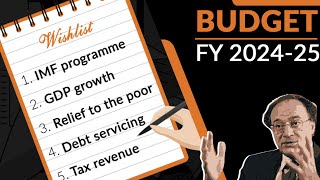The world's largest ever clinical trial into whether taking a daily dose of aspirin can stop five common cancers from recurring was launched in Britain on October 22. The Add-Aspirin phase III trial will recruit 11,000 patients who have recently had - or are having - treatment for bowel, breast, oesophagus, prostate or stomach cancer.
The study's aim is to establish whether taking aspirin every day for five years can stop or delay cancers that have been caught and treated at an early stage from coming back.
The trial will take place at more than 100 centres across the UK and will run for up to 12 years, according to Cancer Research UK, which is funding the study along with the National Institute for Health Research (NIHR).
The study will compare a group taking a 300mg daily dose of aspirin, a group taking 100mg every day and a group taking placebo or dummy drugs.
Up to 9,000 patients will be recruited in the UK while another 2,000 will take part in India where the trial is expected to open in 2016, a Cancer Research UK spokeswoman told AFP.
The charity estimates 5.5 million people are diagnosed with the five cancers being measured in the trial every year world-wide.
Participants will self-administer tablets over the five-year period and will be actively followed up for another five years, according to the Medical Research Council Clinical Trials Unit at University College London (UCL), which will oversee the trial in the UK.
Aspirin is already proven to help prevent heart attacks and strokes in some people, and research has suggested that it could also prevent some types of cancer.
Dr Fiona Reddington, Cancer Research UK's head of population research, said the trial was "potentially game-changing" for patients.
"Aspirin's possible effects on cancer are fascinating and we hope this trial will give us a clear answer on whether or not the drug helps stop some cancers coming back," Reddington said.
"This trial is especially exciting as cancers that recur are often harder to treat so finding a cheap and effective way to prevent this is potentially game-changing for patients."
Professor Ruth Langley, chief investigator at the Medical Research Council Clinical Trials Unit, said the trial had the potential to change the future treatment of common cancers.
"There's been some interesting research suggesting that aspirin could delay or stop early-stage cancers coming back, but there's been no randomised trial to give clear proof," Professor Langley said.
"This trial aims to answer this question once and for all. If we find that aspirin does stop these cancers returning, it could change future treatment - providing a cheap and simple way to help stop cancer coming back and helping more people survive."
BR100
8,052
Increased By
75.9 (0.95%)
BR30
25,581
Decreased By
-21.4 (-0.08%)
KSE100
76,707
Increased By
498.6 (0.65%)
KSE30
24,698
Increased By
260.2 (1.06%)


















Comments
Comments are closed.